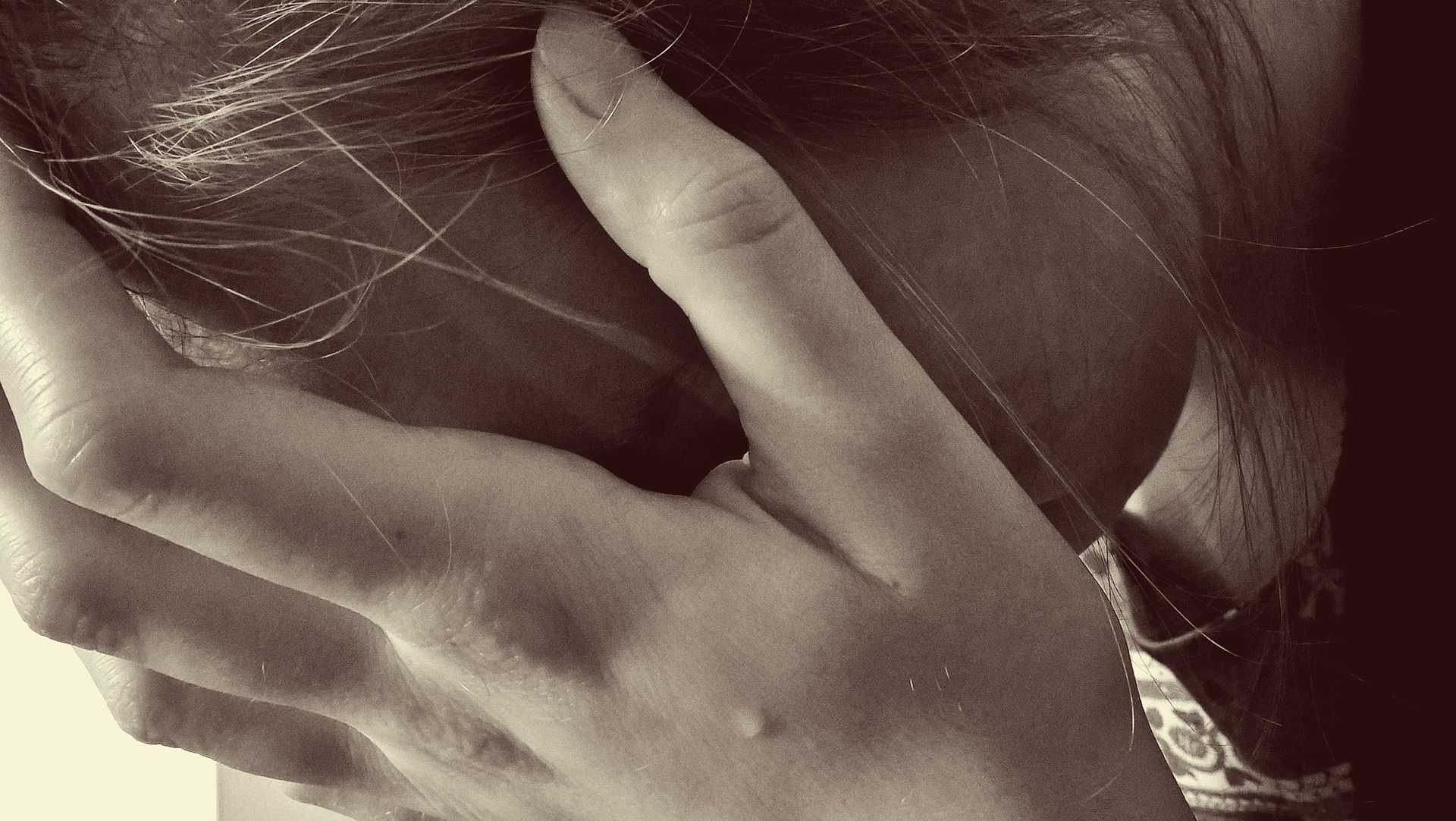Depressive disorders
 All of us have experienced negative life events that make us feel “depressed.” These include divorce, the death of someone that we love or having problems at school or work. This type of depression is focused on a very specific stimulus and the hope is that over time, we will return to full mental health.
All of us have experienced negative life events that make us feel “depressed.” These include divorce, the death of someone that we love or having problems at school or work. This type of depression is focused on a very specific stimulus and the hope is that over time, we will return to full mental health.
Sometimes depression appears to be a response not to a particular event, but to long-term circumstances, which are a continuing source of chronic stress. There may be an association between stress and depression, but it is important to point out that many people who are subjected to high stress do not develop a depressive disorder.
There are also cases of depression where there is no clear negative environmental stimulus. In these cases, depression could be more the result of individual differences in vulnerability. It is important to remember that major depression is not caused by a single factor, but stems from a combination of factors. Some explanations include genetic vulnerability, neurotransmitter malfunctioning, psychological problems, or particular life events or lifestyle factors, such as misuse of alcohol or drugs. Hasler (2010) argues against a single hypothesis of depression; he suggests that depression is a complex disorder that involves the interaction of a number of factors. This may be why different people have different symptoms of the disorder and why not everyone exhibits the symptoms to the same extent.
Major depressive disorder is most often diagnosed when an individual experiences two weeks of either a depressed mood or a loss of interest and pleasure. In addition, the diagnosis requires the presence of at least four additional symptoms, such as insomnia, appetite disturbances, loss of energy, feelings of worthlessness, thoughts of suicide, or difficulty concentrating.
According to Thompson et al (2004), depression and anxiety account for about one-third of all psychiatric hospital admissions in the UK. Depression is two to three times more common in women than in men; it occurs frequently among members of lower socio-economic groups, and most frequently among young adults. The differences could suggest that some groups are more vulnerable to depression, but it could also indicate a problem in making a reliable diagnosis; it can sometimes be difficult for a clinician to find out if a person is suffering from a major depressive disorder or perhaps just a form of what has been called “the blues.”
Depression tends to be a recurrent disorder, with about 80 percent experiencing a subsequent episode, with an episode typically lasting for three to four months. The average number of episodes is four. In approximately 12 percent of cases, depression becomes a chronic disorder with a duration of about two years.
What are the symptoms of major depressive disorder?
Depression is one of the most common psychological disorders. People who are diagnosed with major depressive disorder have very low moods and low levels of self-esteem. They lack motivation, have a pessimistic view of life and believe that they will never be happy again. Current research suggests that depression is the result of a combination of biological, cognitive, and social factors. In the study of etiologies of depression, different approaches may be used to get a more holistic approach to understanding possible causes of that disorder.
· The role of genetics and neurochemistry (biological factors).
· The role of schema and cognitive processing (cognitive factors)
· The role of environmental stressors as well as the role of culture (sociocultural factors).
Symptoms of major depressive disorder
When describing the symptoms of depression, we talk about the ABC’S:
- Affective symptoms: feelings of guilt and sadness; lack of enjoyment or pleasure in familiar activities or company;
- Behavioural symptoms: passivity; lack of initiative;
- Cognitive symptoms: frequent negative thoughts; low self-esteem; suicidal thoughts; irrational hopelessness; may also experience difficulties in concentration and inability to make decisions;
- Somatic: loss of energy, insomnia, or hypersomnia; weight loss/gain; diminished libido.
In major depression, symptoms such as the ones outlined here interfere with normal life activities such as work and relationships. This last factor would also be included in the diagnostic process as an indication of a depressive disorder.
Checking for understanding
Which of the following is not a symptom of Major Depressive Disorder?
Restlessness is a common symptom of anxiety disorders, not of depressive disorders.
Which type of symptom describes a lack of enjoyment or pleasure?
According to Hasler (2010) . . .
How long must a person show symptoms of depression before they can diagnosed?

 IB Docs (2) Team
IB Docs (2) Team
